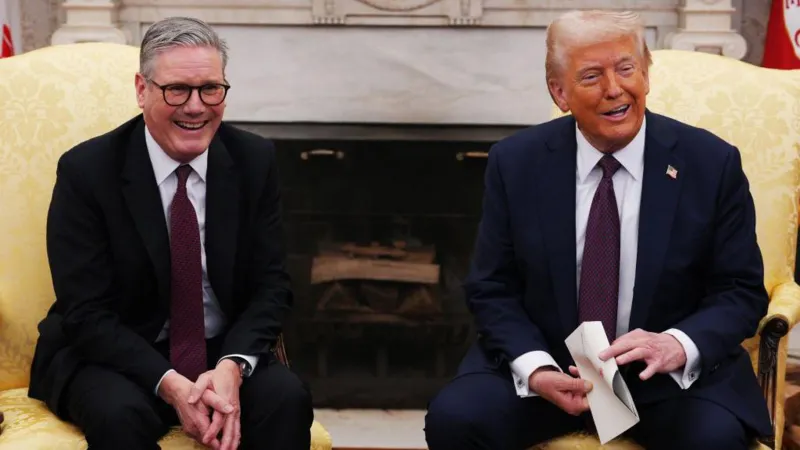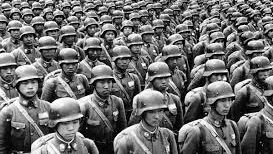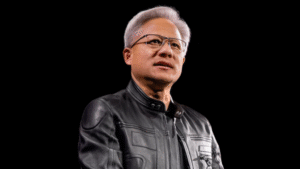London — British Prime Minister Sir Keir Starmer and US President Donald Trump held their first official phone call following Washington’s implementation of new import tariffs on UK goods. The leaders described the ongoing UK US trade talks as “productive”, according to statements from both sides.
No 10 confirmed the call touched on a range of strategic issues, including economic cooperation, the Ukraine conflict, tensions in the Middle East, and recent actions against the Houthi movement in Yemen. At the core of the conversation was Starmer’s push to de-escalate tariff tensions and safeguard bilateral trade ties.
Trump’s new tariff regime imposes a 10% base rate on all UK imports, with a steeper 25% tariff targeting vehicles, steel, and aluminium. These measures have stirred concern in British markets and prompted efforts from London to secure a fresh economic arrangement with Washington.
“Prime Minister Starmer emphasized his commitment to free and open trade while protecting the national interest,” a Downing Street spokesperson said. “The leaders welcomed the progress in UK US trade talks and agreed to continue close engagement.”
The White House echoed the sentiment, adding that Trump looks forward to visiting the UK later this year for a state meeting with King Charles III.
US Vice-President JD Vance recently suggested there was a “good chance” of concluding a trade deal in the coming months — a sentiment that helped lift investor optimism after markets dipped in response to tariff uncertainty.
Since the new tariff structure was announced in early April, major indexes like the S&P 500, FTSE 100, and DAX have experienced turbulence, with partial recovery after the US introduced limited exemptions and delays for key allies.
The broader economic implications of the policy have triggered concern among global institutions. The World Trade Organization (WTO) warned of a likely contraction in global trade, while the International Monetary Fund (IMF) downgraded growth forecasts due to the protectionist shift.
While the EU and Canada have opted for retaliatory tariffs, the UK has chosen to pursue diplomacy — leveraging UK US trade talks as a strategic avenue to preserve mutual economic benefit.









